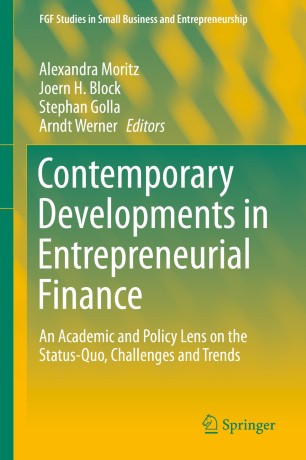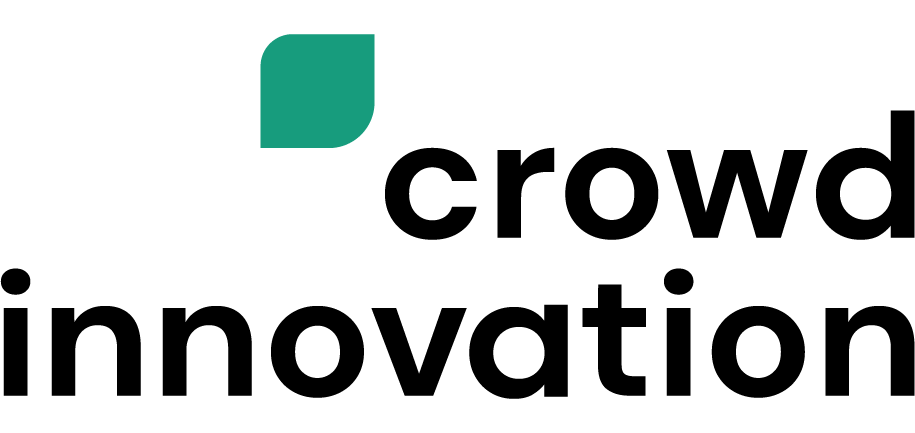Studie zu Crowdfunding-Modellen in Sparkassen. Imageprojekt oder Finanzierungsmodell mit Ertrag und Zukunft?
Das Fraunhofer-Zentrum für Internationales Management und Wissensökonomie IMW in Leipzig erforschte im Auftrag der Wissenschaftsförderung der Sparkassen-Finanzgruppe e. V. die Bedeutung des Crowdfundings im Zusammenwirken mit dem Kreditgeschäft der Sparkassen. Von universitärer Seite unterstützt wurde das Projekt von Professor Dr. Carolin Bock vom Lehrstuhl für Entrepreneurship an der TU Darmstadt.
Crowdfunding als zeitgemäßes Finanzinstrument für die Energiewende in Europa?
Branchenübergreifende juristische, technische sowie ökonomisch-soziale Analyse von Smart Contracts im Kontext der Sharing Economy und Evaluation von Chancen, Risiken und Gestaltungsaspekten des Verbraucherschutzes unter Einsatz der Blockchain-Technologie in Deutschland und im europäischen Rechtsraum
Democratising entrepreneurial finance: The impact of Initial Coin Offering (ICO) and crowdfunding. Contemporary Developments in Financing Innovations
Our article sheds light on two recent phenomena in the area of entrepreneurial financing, namely, crowdfunding and Initial Coin Offerings (ICOs). We investigate the main characteristics of the two alternative forms of entrepreneurial financing, their differences and coherences, reasons leading to their occurrence, their market relevance and legal aspects. Furthermore, we provide both an overview of the different motivations backers of the two phenomena have to support campaigns as well as the success factors for the campaigns. Due to their newness, both types are not devoid of risks and limitations which are also discussed. We state that crowdfunding and ICOs have many aspects in common and that a combination of both concepts may be optimal in their future development to overcome the current inefficiencies of crowdfunding or the shortcomings of ICOs. In summary, entrepreneurial financing is positively influenced by the two phenomena leading to a democratisation of financial possibilities for both entrepreneurs and backers.
Crowdfunding as an instrument for promoting the transfer. Contemporary Developments in Financing Innovations

So far, public research organizations (PROs) and universities in Germany are not benefiting from the manifold opportunities of crowdsourcing platforms and crowdfunding in particular. Crowdfunding may not only provide complementary financial resources for scientific projects, but it can also enhance the spectrum of science communication and facilitate the knowledge and technology transfer process. Consequently, scientists can use crowdfunding activities to stimulate the transfer of their knowledge to business and/or society to stimulate innovation. Nevertheless, it is a challenging task to apply the full spectrum of crowdsourcing instruments in PROs and universities. The crowdfunding literature rarely covers the untapped potential and challenges associated with crowdfunding for scientific institutions. In this conceptual paper, we provide approaches how PROs and universities can successfully acquire alternative financing, in particular from crowdfunding, and use it strategically. The aim is to provide solutions to pitfalls that may prevent researchers from exploiting crowdfunding in their “funding journey.” We introduce a model called “scientific cooperative crowdfunding” as a field for further research to explore how PROs and universities can use crowdfunding in a more comprehensive way during different stages of the knowledge and technology transfer process.

